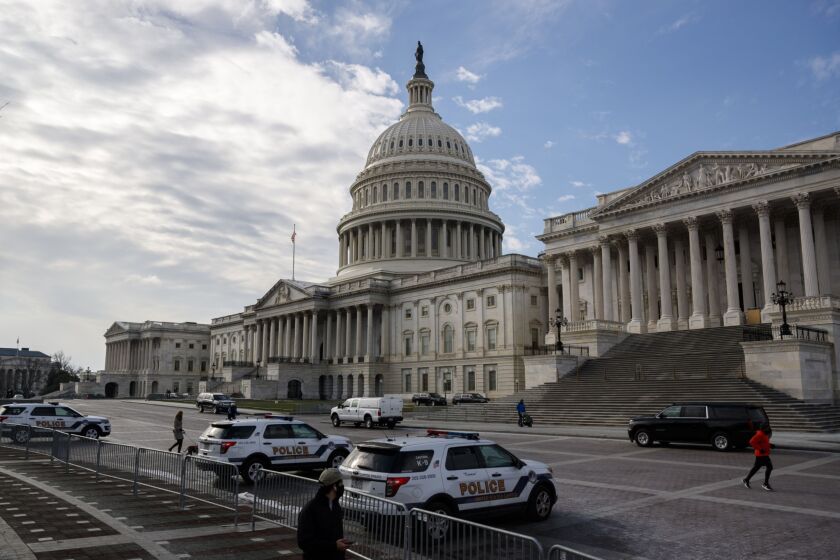As financial hardships mount with the COVID-19 outbreak, Fannie Mae and Freddie Mac released their plans for mortgage borrowers impacted by the pandemic.
Under the Federal Housing Finance Agency's guidance, both government-sponsored enterprises are suspending all foreclosures and evictions for at least 60 days until May 17 for the mortgages they back, effective immediately.

"We are doing all we can to help those adversely impacted by the coronavirus, including by immediately suspending foreclosure sales and evictions during this challenging time," Donna Corley, executive vice president and head of Freddie Mac's single-family business, said in a press release.
"These eviction and foreclosure stoppages are just one part of the comprehensive assistance we're providing borrowers to help protect our communities. We are also expanding relief available through our well-known forbearance programs, allowing us to reach the majority of affected borrowers as expeditiously as possible."
Additionally, those impacted are eligible to enter forbearance plans that can reduce or suspend their mortgage payments for up to 12 months. Assessments of penalties or late fees against borrowers will be waived, which also applies to homeowners already in forbearance. After the forbearance moratorium lifts, servicers need to reduce monthly payments as necessary or modify loans where needed. Finally, all credit bureau reporting of past due payments is suspended during this time.
From nutritional programs to maternity care and transgender benefits, employers and benefit providers got creative with one of the most essential benefit offerings.
The House and Senate are set to vote Monday on $900 billion in pandemic relief aimed at boosting the U.S. economy into the early spring, combined with $1.4 trillion to fund regular government operations for the rest of the fiscal year.
Bank and credit union groups are pushing to include the industry’s front-line workers in the next priority group, but even as a recommendation is coming soon from a CDC advisory panel, the decision ultimately will be made state by state.
"Our thoughts are with everyone who may be impacted by COVID-19 and we urge you to stay safe and well during these unprecedented times," Malloy Evans, senior vice president and single-family chief credit officer at Fannie Mae, said in a press release. "Fannie Mae, along with our lending and servicing partners, is committed to ensuring assistance is available to homeowners in need. We encourage residents whose employment or income are impacted by COVID-19 to seek available assistance as soon as possible."
Those affected by the national coronavirus emergency should request mortgage assistance by contacting their servicer.
The National Consumer Law Center praised the GSEs' plans to help homeowners remain in their homes and to protect their credit scores. However, more steps still need to be taken.
"We welcome these important first steps toward preventing homeowners from losing their homes during this pandemic, however the agencies should ensure that their policies provide accessible and fair procedures for payment relief," Alys Cohen, an attorney at NCLC, said in a press release.
"States also have a role and should also halt foreclosures and evictions. And the private-label mortgage market should follow with a moratorium and also ensure that homeowners are offered affordable payment options in the aftermath of the pandemic. Throughout this process, mortgage companies need to ensure access for homeowners whose primary language is not English."




